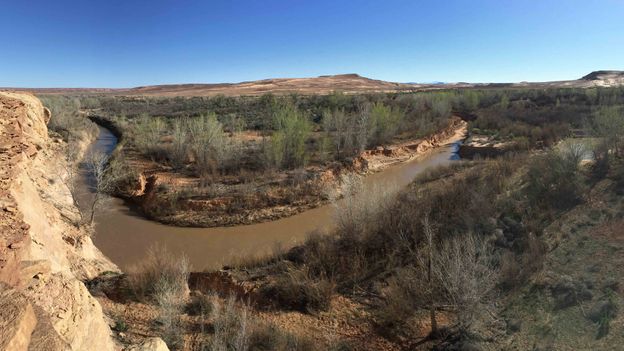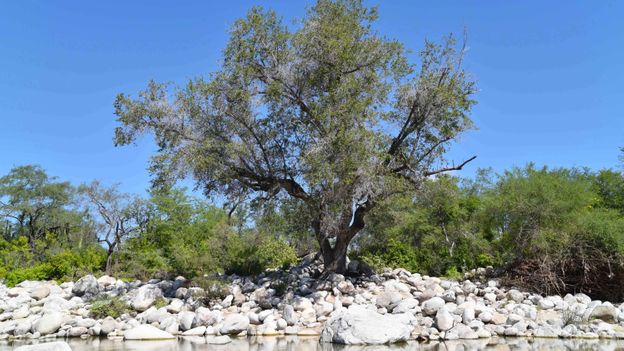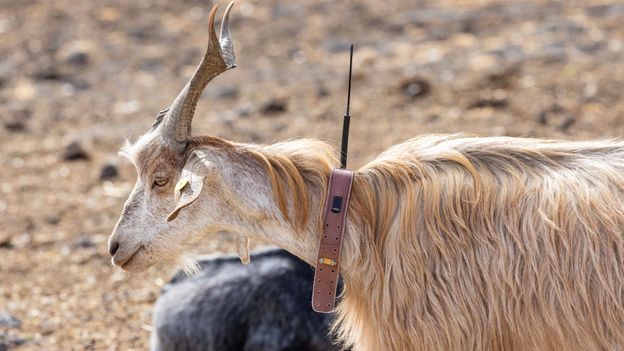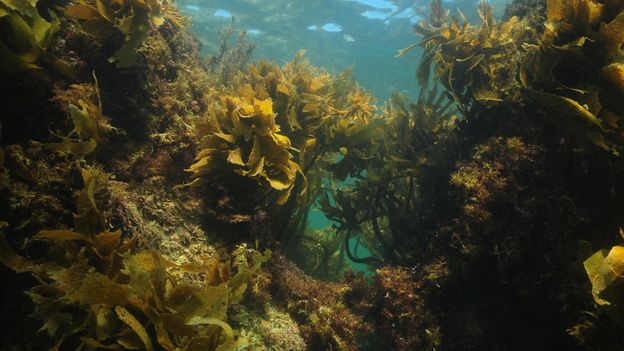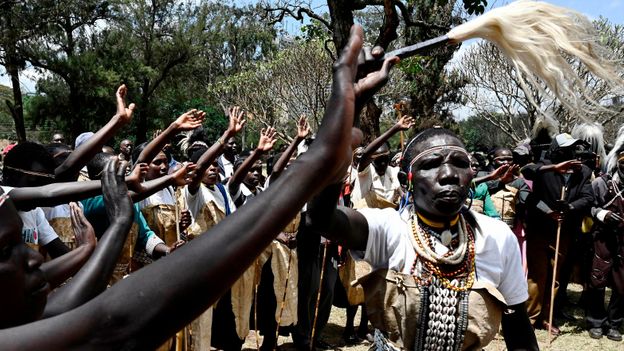In 2008, a family of beavers were found on the River Otter in East Devon – the first time in 400 years beavers had been spotted in England. When they gave birth to kits in 2014, the government initially planned to remove them from the river, considering them an invasive species. However pressure from conservation groups persuaded the government to allow scientists – led by Brazier – to turn the site into a five-year trial to monitor the beavers’ effects on the landscape.
The results showed the beavers created 13 ponds along a 183m (600ft) stretch of stream, storing well over 1,000 tonnes of water. The ponds trapped 15 tonnes of carbon and one tonne of nitrogen – a fertiliser that in excess is detrimental to water quality. The water entering the site was thick with runoff, washed into the stream from farm fields during heavy rains, but the network of dams acted as a filter, cleaning the water of fertiliser.
At the end of the trial, scientists found fish populations were 37% higher in beaver ponds than elsewhere along the river. During flooding events, peak water flows were lower along dammed areas. And other wildlife, including teals and water voles, were also doing better than before the trial.
“The real surprise for me was the effect they had on flooding,” Brazier explains. “The dams slowed the flow of water and really reduced the impact of flooding downstream. And then, of course, in drought periods the ponds still held water, and so the stream kept flowing even though it hadn’t rained for weeks.”
And, he adds, because there is water all year round, the aquatic life is better able to survive. “That’s been a massive bonus for biodiversity.”
The results showed such a marked improvement that in August 2020, the government granted permission for the beavers to stay permanently, the first time a native mammal had been reintroduced to the country. In nearby Somerset, meanwhile, the first beaver kits for 400 years have been born in Exmoor.
With beaver releases happening in South Downs, Wales, Cornwall and Cheshire, across the pond in Utah, Idaho and on Indian Reservations in California, Washington and Oregon, and even more on the horizon, many more of us could soon be feeling the effects of beavers flourishing in the wild.
—
The emissions from travel it took to report this story were 0kg CO2. The digital emissions from this story are an estimated 1.2g to 3.6g CO2 per page view. Find out more about how we calculated this figure here.
—
Join one million Future fans by liking us on Facebook, or follow us on Twitter or Instagram.
If you liked this story, sign up for the weekly bbc.com features newsletter, called “The Essential List”. A handpicked selection of stories from BBC Future, Culture, Worklife, and Travel, delivered to your inbox every Friday.

